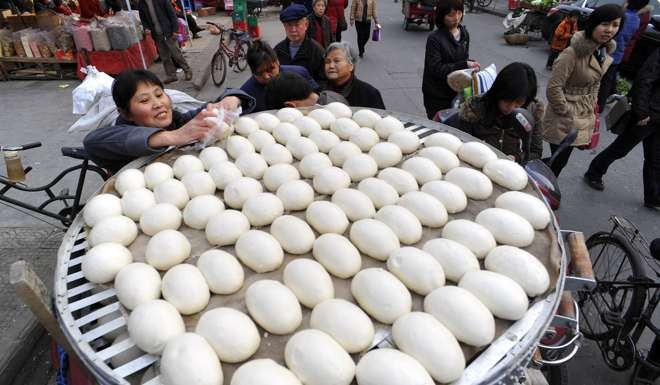
China grants asset managers 14-month grace period on VAT adoption
China will grant a 14-month grace period to the asset management industry on the adoption of a valued added tax (VAT), following complaints that such a levy could impair the sector and trigger double taxation.
A Finance Ministry notice on Wednesday said that asset managers will be levied with VAT for returns on assets under management from July 1, 2017. Initially, the industry had been required to pay VAT instead of a business tax as of May 1, 2016.
Taxes that have already been paid under the new tax system can be used to deduct from those that will begin once the grace period expires in July.
Experts said the announcement would be greeted with mixed emotions, as it’s clear that the government will push ahead with some of the more controversial elements of the policy.
“Today’s notice came as both good and bad news for the asset managing industry,” said Stella Fu, a PwC tax partner in Shanghai. “The good news is that the asset managers enjoy a break, however the bad news is that authorities reiterated again that asset managers still bear the burden to pay the tax – not withholding agent for their products.”
A December policy statement jointly issued by the Finance Ministry and the State Administration of Taxation, ruled that assets managers, including fund houses, trustees and banks, are required to pay the tax on the returns generated by their investment products.
The financial management industry had argued that the rule was unfair because they were liable for tax on returns ultimately benefiting investors.

Thanks to the delay, asset managers will enjoy some breathing room so that they can negotiate with investors on the sharing of tax liabilities, she said. It will also allow time to amend management fee charges, contract design, products evaluation and documentation, she said.
Authorities are issuing clarifications and explanations on the implementation of the tax after complaints over a de facto heavier tax burden and ambiguity of rules since 2016.
EY tax partner Kevin Zhou said despite the grace period, the current policy doesn’t rule out double taxation situations.
“There are still chances for investors to be levied tax later for certain products,” he said.
Since May the property, construction, finance and consumer services sectors shifted from paying business tax to VAT, amid China’s biggest tax overhaul in two decades.
China is amongst the first countries in the world to have a VAT applied broadly to the finance industry, including on the transfer, issuance and redemption of financial products.
The overhaul, which began on a trial basis in Shanghai in 2012, is intended to ease the tax burden on the services industry. About 500 billion yuan will be trimmed from the tax burden in 2016, according to government estimates. While most will see a reduction in tax, authorities said around 1.5 per cent of taxpayers will see an increase.

